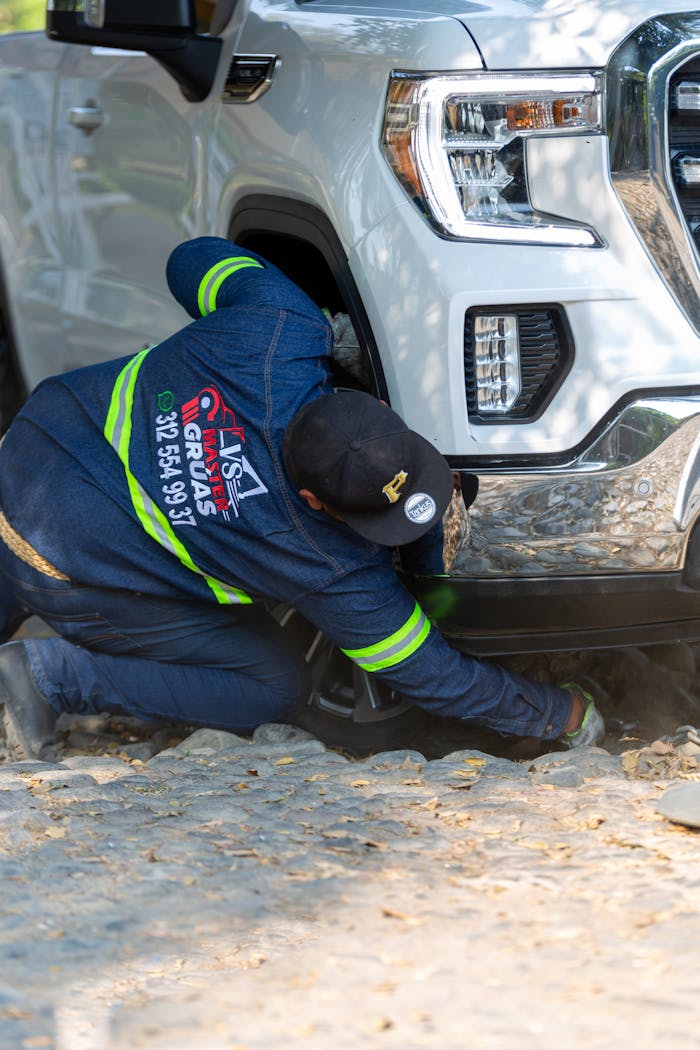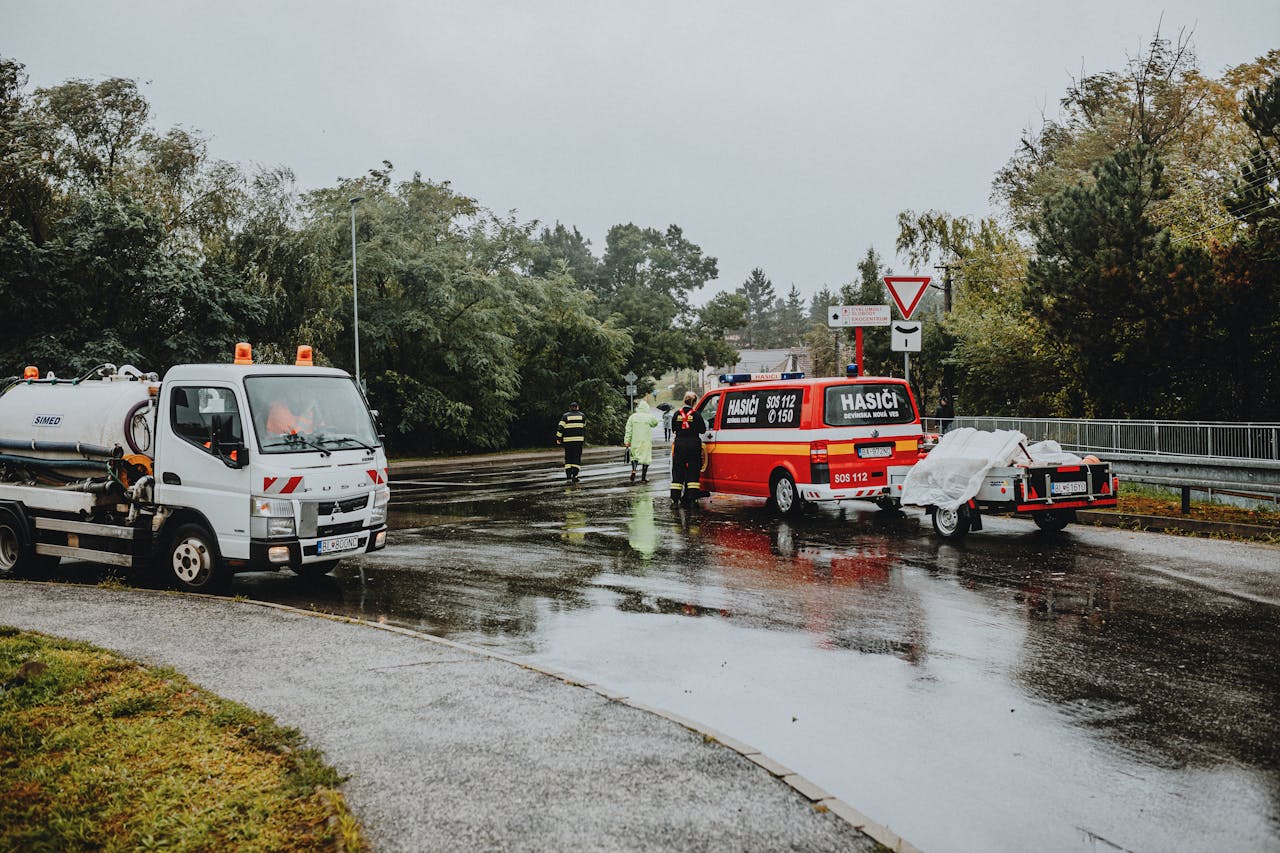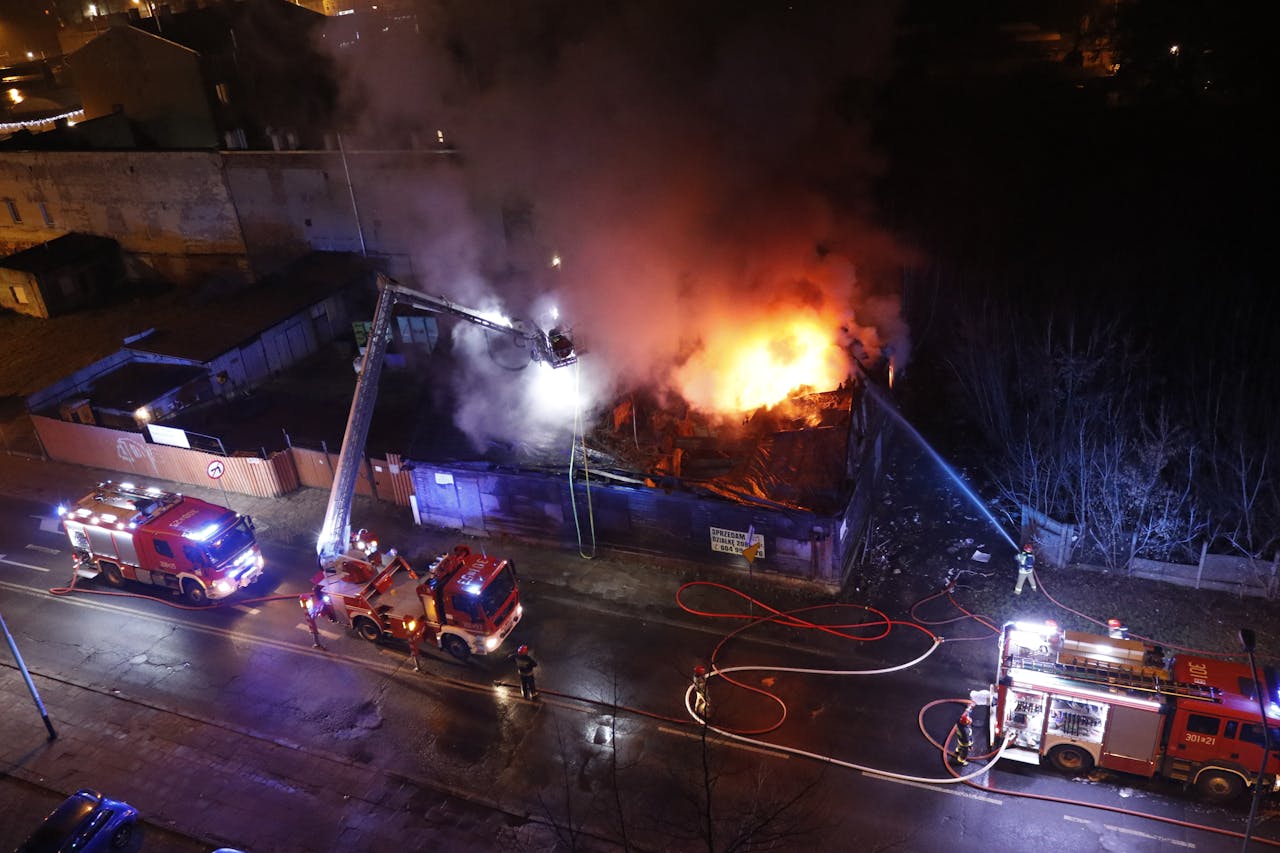Truck accidents can result in devastating consequences due to the sheer size and weight of commercial vehicles. When an accident involving a truck occurs, determining liability can be more complex than in standard car accidents. Multiple parties may share responsibility, making it essential to understand who can be held accountable. Here’s a comprehensive guide on liability in truck accident cases and how an experienced truck accident lawyer can help.
1. The Truck Driver
Role in Liability: The truck driver is often the first party considered in an accident investigation. If the driver was negligent—such as driving while fatigued, distracted, under the influence, or violating traffic laws—they can be held liable for the accident.
Common Negligent Behaviors:
- Speeding or reckless driving
- Failing to adhere to hours of service regulations
- Distracted driving (e.g., using a phone)
- Driving under the influence of alcohol or drugs
How Liability is Determined: Evidence such as driver logs, electronic logging device (ELD) data, and witness statements are reviewed to assess the driver’s behavior leading up to the accident.
2. The Trucking Company
Role in Liability: Trucking companies have a legal responsibility to hire qualified drivers, ensure proper training, and maintain their fleets. If a trucking company fails in these duties, it can be held liable for accidents caused by their trucks.
Common Causes of Company Liability:
- Negligent Hiring Practices: Employing drivers without proper licenses or a history of unsafe driving.
- Inadequate Training: Failing to properly train drivers on safety protocols and handling commercial vehicles.
- Violating Safety Regulations: Encouraging or pressuring drivers to violate hours of service regulations or drive beyond legal limits to meet tight schedules.
Evidence for Liability: Maintenance records, employment records, and company policies are often examined to determine if the trucking company contributed to the accident through negligence.
3. The Owner of the Truck or Trailer
Role in Liability: In some cases, the truck or trailer may be owned by a different entity than the company that employs the driver. The owner is responsible for maintaining the vehicle in safe operating condition. If a lack of proper maintenance leads to mechanical failures—such as brake malfunctions or tire blowouts—they can be held liable.
Common Maintenance Failures:
- Worn or defective brakes
- Damaged tires or insufficient tire tread
- Malfunctioning lights and signals
Proof of Negligence: Maintenance logs and repair records can be key pieces of evidence in showing that the vehicle owner failed to uphold their duty of care.
4. The Cargo Loading Company
Role in Liability: Improperly loaded or overloaded cargo can cause a truck to become unbalanced, increasing the risk of a rollover or jackknife accident. The company responsible for loading the cargo can be held accountable if an improperly secured or overloaded shipment leads to an accident.
Common Issues with Cargo Loading:
- Unbalanced load causing instability
- Failure to secure cargo, leading to shifting loads
- Exceeding legal weight limits
Evidence for Liability: Cargo records, weigh station reports, and inspection results can be used to prove negligence by the cargo loading company.
5. Vehicle or Parts Manufacturers
Role in Liability: If a truck accident is caused by a mechanical failure due to defective parts, the manufacturer of the vehicle or its parts may be held liable under product liability laws. Common defective parts that can contribute to accidents include brakes, tires, and steering components.
How Liability is Established:
- Expert analysis of the failed part
- Review of recall notices or safety warnings
- Inspection reports showing defects
Proving Manufacturer Liability: Product liability cases often require detailed investigations and expert testimony to demonstrate that a part was defective and contributed directly to the accident.
6. Third-Party Maintenance Providers
Role in Liability: If a third-party company was responsible for maintaining the truck and failed to do so properly, they can be held liable for any accidents caused by their negligence. For example, if a truck’s brakes were recently serviced and failed shortly after, the maintenance provider could be at fault.
Evidence for Liability:
- Maintenance contracts and service records
- Inspection findings that reveal faulty repairs
- Testimony from maintenance workers or other employees
7. Government Entities
Role in Liability: Poorly maintained roads, inadequate signage, or construction-related hazards can also contribute to truck accidents. In these cases, the government entity responsible for maintaining the roadways may be held liable.
Challenges with Government Liability:
- Filing a claim against a government entity involves strict deadlines and special procedures.
- Proving that the government entity knew or should have known about the hazardous condition and failed to address it is necessary.
Evidence for Liability: Photos of the road conditions, maintenance records, and witness testimony can be used to establish liability against a government entity.
How a Truck Accident Lawyer Can Help
Determining liability in a truck accident case is often complex due to the potential involvement of multiple parties. An experienced truck accident lawyer can:
- Conduct a thorough investigation to identify all liable parties.
- Collect and preserve evidence that supports your case.
- Work with experts, such as accident reconstructionists and mechanical engineers, to strengthen your claim.
- Negotiate with insurance companies and other parties to pursue maximum compensation.
- Represent you in court if a fair settlement cannot be reached.
Final Thoughts
Truck accident cases require an in-depth understanding of both state and federal trucking regulations, as well as a keen ability to navigate multi-party liability. Identifying who can be held responsible is crucial for ensuring that victims receive the compensation they deserve for their injuries, medical expenses, lost income, and pain and suffering.
If you or a loved one has been involved in a truck accident, don’t try to handle it alone.



